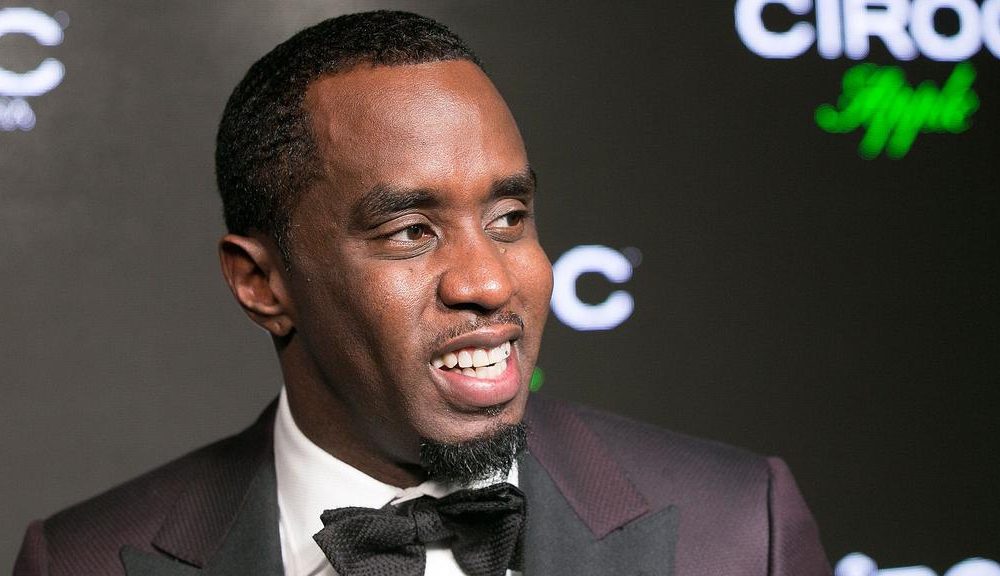
Sean Diddy Pays Sting $5,000 DAILY for “Sampling” His Song

Sean Diddy, one of the most prominent names in hip-hop and rap music, has recently revealed that he pays an incredible $5,000 a day to Sting for sampling his track. On his 1997 hit song, “I’ll Be Missing You,” Diddy samples Sting’s classic track “Every Breath You Take.”
It seems that Diddy is paying Sting quite handsomely for the use of his song, as he has revealed that he is going to be paying him for the rest of his life. The two musicians have a remarkable history together. Despite having used Sting’s track without permission at first, they are now reportedly very good friends.

Meta | In a recent tweet, Diddy clarifies that he is paying “$5k a day” to Sting. And both are now very good friends.
This news has certainly left fans of both artists in awe, as it is rare to hear about such expensive licensing fees. It goes to show that Diddy respects Sting’s work and is willing to pay for the privilege of using his song.
What Is Sampling Actually & How Does It Work?
Sampling is the process of taking a portion of an existing sound recording and incorporating it into a new song. It has become increasingly popular in today’s music, with many artists relying on samples to create their own unique sound. Depending on the sample used, it can introduce additional elements, such as texture and melodic patterns, to a track.
In order to use a sample legally, musicians must obtain permission from the original copyright holder. If Diddy had not received clearance for his use of Sting’s “Every Breath You Take,” he could be liable for copyright infringement. Thus, the process of obtaining clearance can vary from artist to artist.
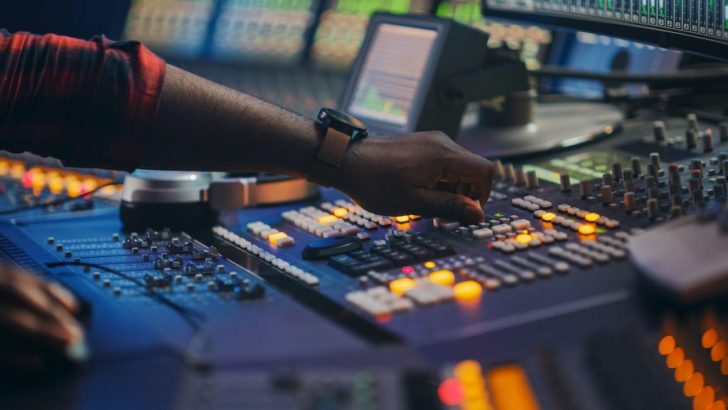
GTN | In the music industry, sampling refers to the process where an artist “takes” another artist’s existing work and includes it in his own soundtrack.
Some labels may grant blanket licenses that allow musicians to use several tracks by different artists without individually seeking permission every time. Alternatively, musicians may have to negotiate with the original copyright holder in order to receive permission. In some cases, this may require paying royalties or licensing fees for the usage of a sample.
Diddy’s case is quite remarkable in terms of the size of the licensing fee, given that he is paying Sting $5,000 per day. It serves as an example of how seriously copyright holders take their music and how much respect Diddy has for Sting’s work.
Is Sampling Legal?
Sampling is a legal form of music production as long as the artist has permission from the original copyright holder. Without permission, sampling can be seen as a form of copyright infringement and could result in legal action. For sampling to be legal, the artist must obtain what is known as a “sample clearance” from the original copyright holder.
This involves negotiating with the copyright holder and possibly paying royalties or a licensing fee in exchange for using their work. Some labels may even offer blanket licenses that allow an artist to sample multiple tracks without individually seeking permission each time.
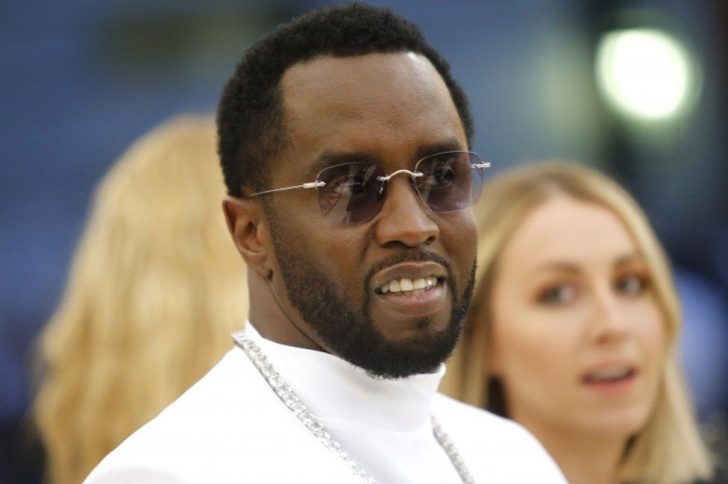
BBC | Most musicians see sampling as an act of plagiarism, and they disregard it!
If an artist uses another musician’s work without obtaining clearance, they could face legal repercussions such as fines and potential court cases, depending on the circumstances. Additionally, if the sampled track has been commercially released, then any profits generated by it will belong to the original copyright owner – not the sampler.
By taking all necessary precautions and seeking permission before using samples, artists can ensure their work is technically and legally correct and avoid any potential issues down the line.
More in Rich & Famous
-
`
How to Legally Stop a Debt Collector From Harassing You
Dealing with debt is stressful enough without being harassed by aggressive collectors. Harassment can make a difficult situation worse, causing anxiety...
December 11, 2024 -
`
How Pricing Techniques Can Maximize Profits and Customer Loyalty
Businesses today face rapidly changing market dynamics that require agility and precision to remain competitive. One effective way to adapt is...
December 11, 2024 -
`
How Growing Up Poor Affects Your Mental Health?
The experience of growing up poor leaves a lasting impression on a person’s mindset, relationships, and approach to life. Poverty often...
December 6, 2024 -
`
How the Art Basel Banana Became a $6.2 Million Masterpiece
The Art Basel Banana, officially titled Comedian, created waves when it sold for $6.2 million at Sotheby’s auction. Maurizio Cattelan, the...
December 5, 2024 -
`
Why Saving Regret Is Real and How You Can Avoid It
Saving regret is one of those life lessons that hits hardest when it is too late. You might think you are...
December 5, 2024 -
`
5 of the Best Passive Income Ideas for 2024 & Beyond
Everyone dreams of earning money while sipping coffee on a lazy morning or lying on a beach somewhere. That is the...
November 29, 2024 -
`
Facing Legal Challenges in France? Here’s How to Navigate Them
From July 26 to August 11, Paris will welcome athletes and millions of supporters from around the globe to experience the...
November 29, 2024 -
`
The Most Influential Family Offices Driving Startup Investments
In recent years, family offices have become pivotal players in startup funding, investing directly in emerging sectors like artificial intelligence, biotech,...
November 28, 2024 -
`
What Happens When You’re Booked in Jail?
Being arrested and jailed can be an overwhelming experience. The process may not look like the dramatic scenes you’ve seen in...
November 20, 2024
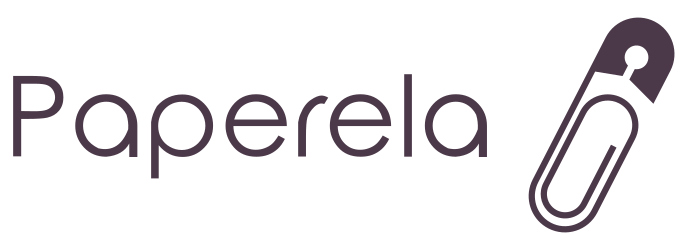

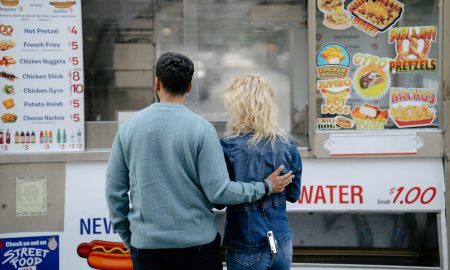

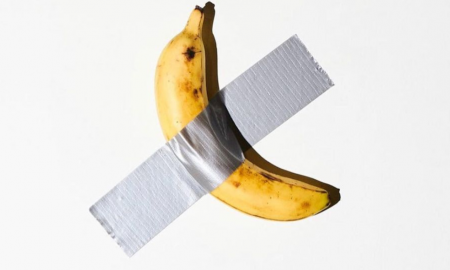


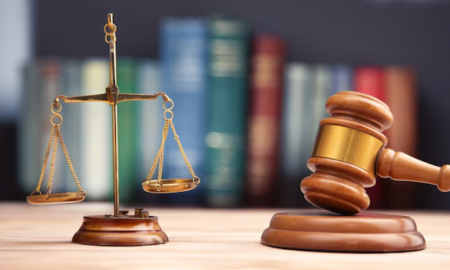





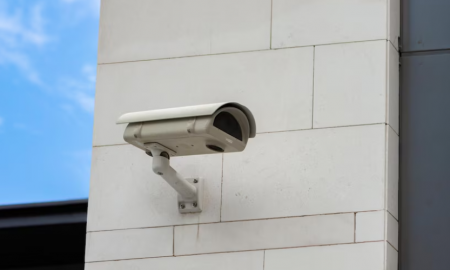

You must be logged in to post a comment Login